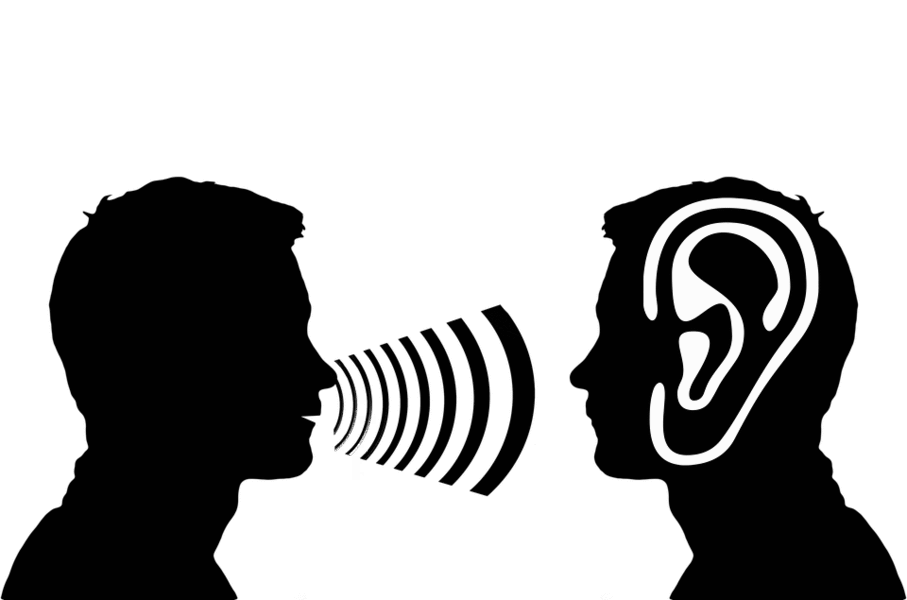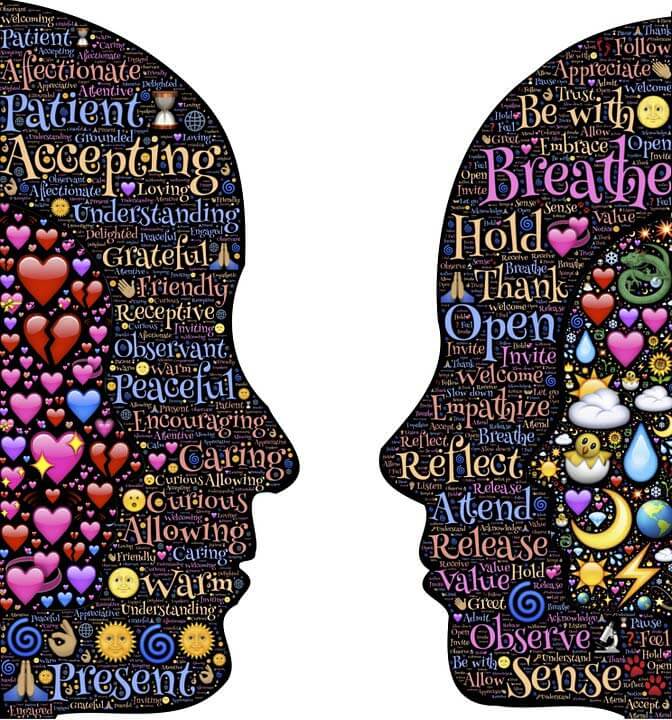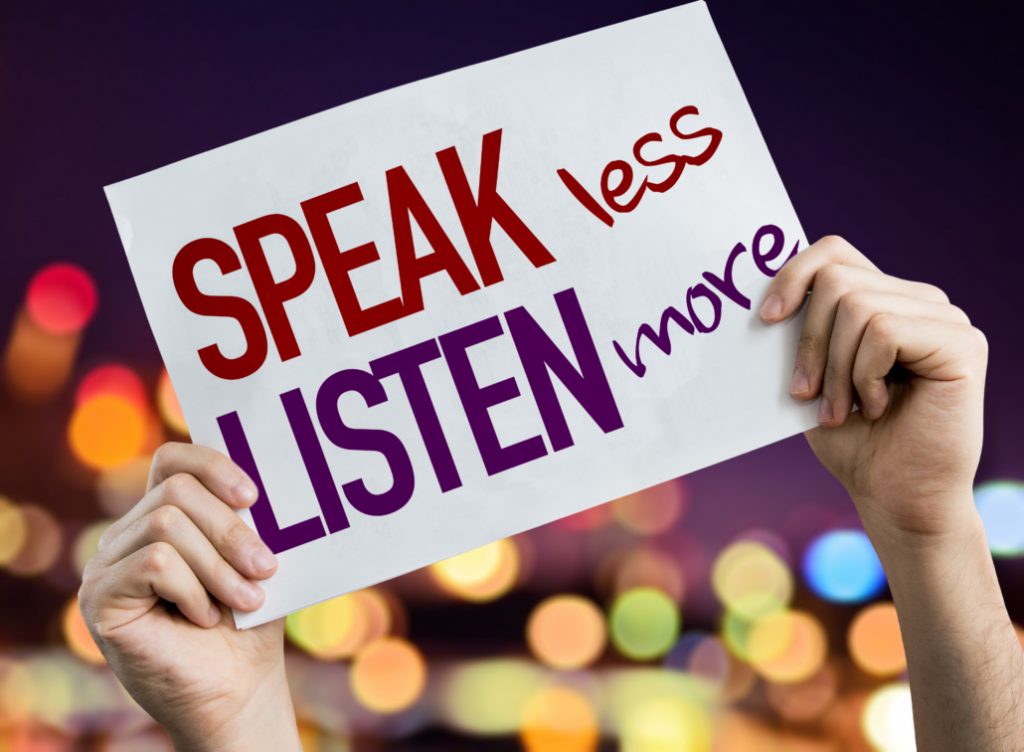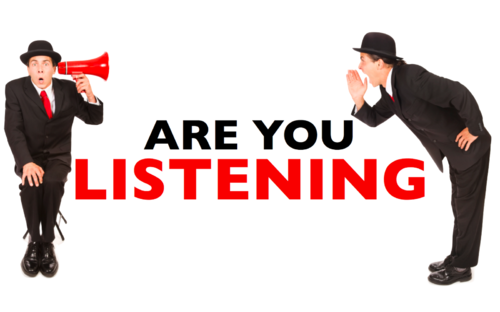How to Determine If You Have Effective Listening Skills:
Have you ever found yourself becoming distracted, defensive, or confrontational during a conversation?
Have you ever felt like you rushed to conclusions too fast or judged someone harshly before fully comprehending the circumstances when conversing with someone?
If you’ve ever found yourself in circumstances similar to the ones described above and wondered why, ineffective listening skills, also known as poor listening skills that are hurdles to effective listening, are the source of these issues you’ve undoubtedly encountered. Don’t feel bad if you have poor listening skills; it doesn’t mean you’ll never learn to listen effectively; it just means you’ll have to practice and train like the rest of us to improve your communication skills.
Communication skills are not born or given to us at birth; rather, they are developed through our commitment to practice and training every day to master one or more communication skills.
I, for one, have shared a few instances in my life where I engaged in inefficient listening practices such as pseudo-listening and multitasking at times in my life. By asking my family and friends what they thought about my listening skills when I converse with any one of them, I was able to become aware that I had ineffective listening behaviors like these. I discovered I needed to enhance my communication abilities, I learned the many sorts of ineffective listening skills, and how to overcome these unpleasant habits based on my family and friends’ honest comments about my effective listening skills.
If you’re not familiar with the terms, pseudo-listening is when a person appears to be attentive in a conversation but is only partially or not listening to understand or interpret the information, giving the impression that the person is pretending to listen to the speaker. And multitasking is a talent that many individuals have, which involves listening without paying full attention and attempting to accomplish many tasks at the same time.
How to Improve Your Listening Skills and Overcome Ineffective Listening:

When I decided to research how to overcome these two hurdles to effective listening, I understood the first step was to comprehend what effective listening was and how to learn it. I was able to grasp and learn about effective listening through my study, and I was able to use ways to improve my listening skills.
Effective Listening – My Basic Understanding:

When it comes to people interacting and conversing with one another, effective listening is a crucial major listening skill to have because it requires a person to show they are listening and interested by actively absorbing the information given to them by a speaker to provide feedback so the speaker can be sure their message was received by the listener.
Effective listening helps people not have misinterpretations that lead to misunderstanding and missed opportunities when it comes to building remarkable connections and relationships.
How to Develop an Effective Listening Skill:

These are the five approaches I utilized to help me improve my listening abilities and create effective listening skills. I’ve broken down each of these techniques in depth below so you can understand and use them.
The 5 Proven Techniques For Improving Your Listening Skills:
1) Fight Against All Distractions
2) Allow The Speaker to Fully Express Their Emotions
3) Always Maintain Eye Contact
4) Ask Questions That Can Help You Understand Their Nonverbal Communication
5) Take Mental or Physical Notes On Their Details
Each of The Five Proven Techniques In Full Details:
1 – Fight Against All Distractions: When you’re in a conversation with a speaker, don’t let things like your own thoughts, emotions, phone, noises, or waiting for your turn to speak distract you. Instead, actively support them by giving them your full attention so real connection and understanding can begin to happen.
2 – Allow The Speaker to Fully Express Their Emotions: By establishing a place where you may ask the speaker, “What’s on your mind?” after they’ve finished discussing their situation or presenting their story, to demonstrate interest, participate in the discussion more helps with that and with establishing a connection.
3 – Always Maintain Eye Contact: To attach meaning to the message the speaker is delivering and to obtain a deeper grasp of the discussion, pay attention to the speaker’s nonverbal communication, such as facial expressions and body language.
4 – Ask Questions That Can Help You Understand Their Nonverbal Communication: Instead of a full-fledged conflict, ask questions that might assist the speaker to understand the meaning behind their personal experiences to result in more collaborative discourse. Asking questions regarding their message demonstrates that you are paying attention and may elicit empathy from the speaker by encouraging and allowing them to understand their situation or story from a different perspective.
5 – Take Mental or Physical Notes On Their Details: As a listener, there are times when you are conversing with the speaker, such as a friend or advisor in a conversation where they are giving you advice and there are many details, or when you are listening to the speaker, such as your professor or orator, where you will need to take detailed notes to remember the message.
If you find yourself in either of these circumstances, make mental or physical notes on the details. You can use mnemonics or phrases to assist you in remembering and retaining specifics from the speaker’s message when taking mental notes. If mental notes aren’t working for you, ask the speaker if you may take physical notes. This shows the speaker that you’re paying attention and that their words are important to you.
If you feel like you’ve already established a strong foundation in terms of your focus and concentration span, you can always take notes afterward in which you document the top three most powerful things someone says to you, which, if you ever bring it up or remind the speaker of that situation or story they shared with you, will leave them speechless and demonstrate how their words or message impacted you during your conversation with them.
Conclusion:
I hope you found my blog post helpful and that the 5 proven ways for enhancing your listening skills will help you become a better communicator. If you want to learn more about these 5 tried-and-true approaches, watch this video:

